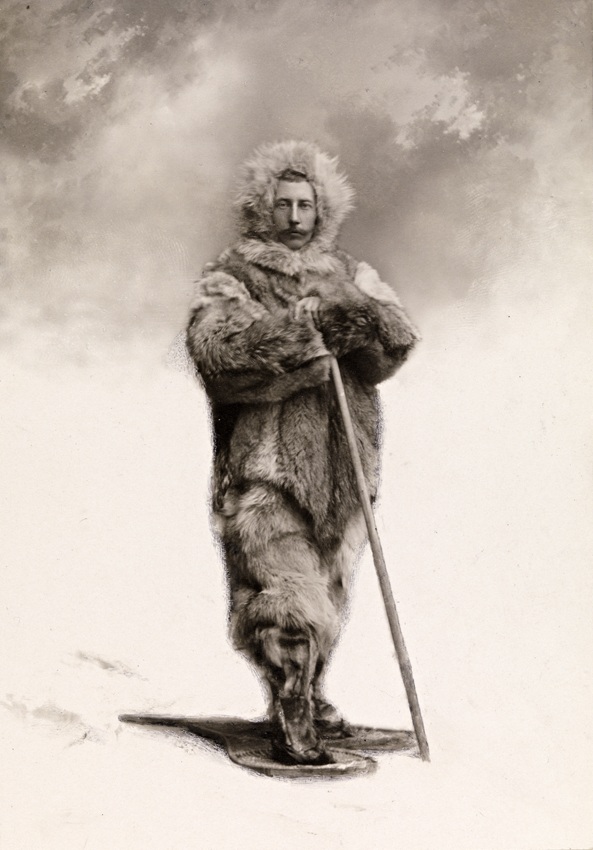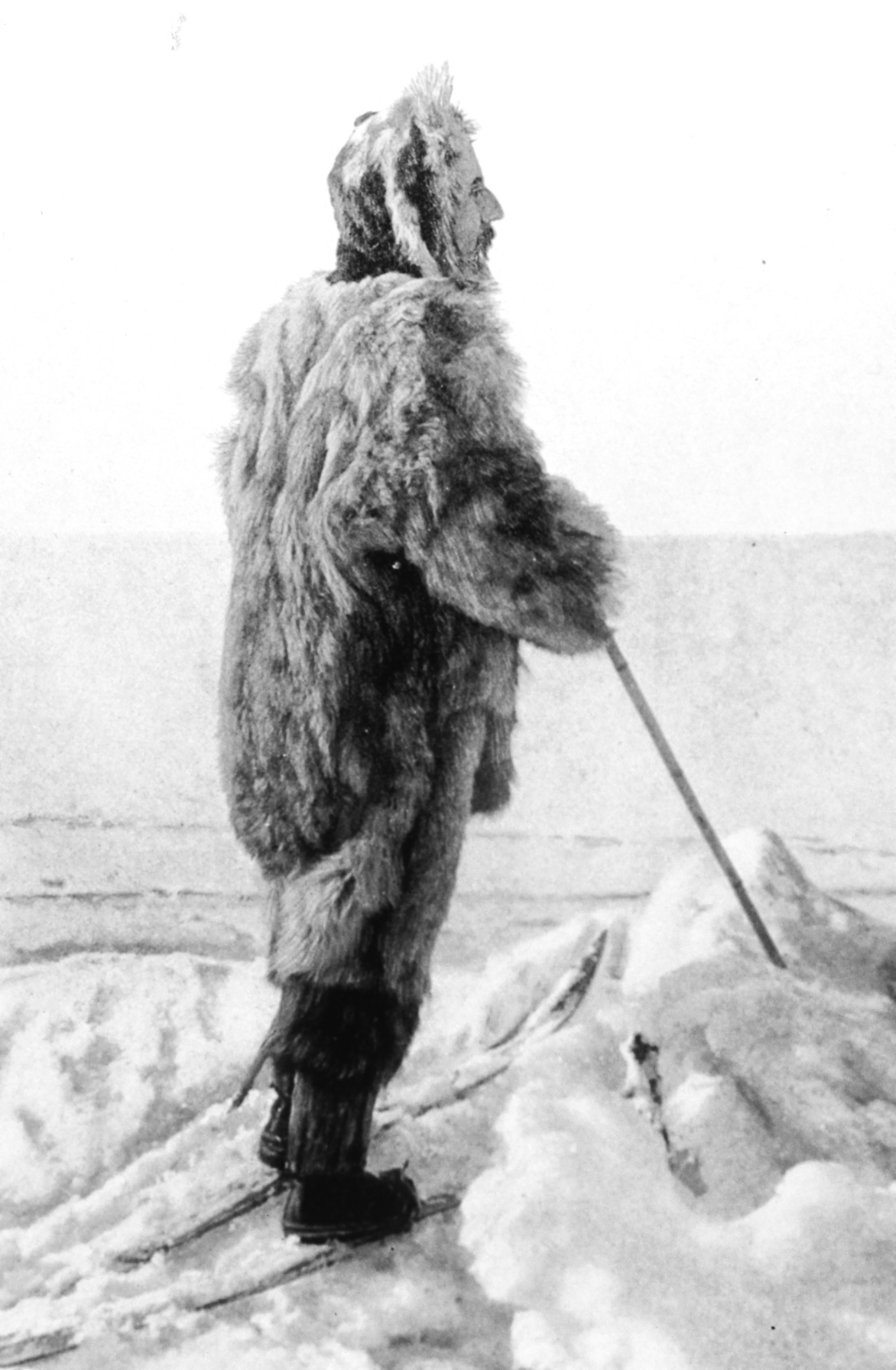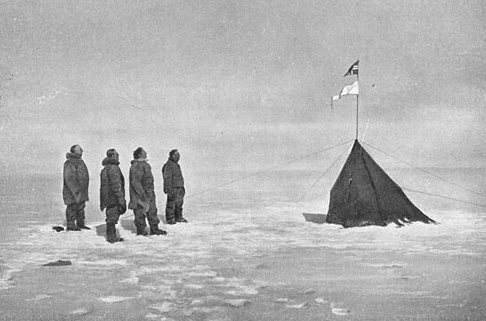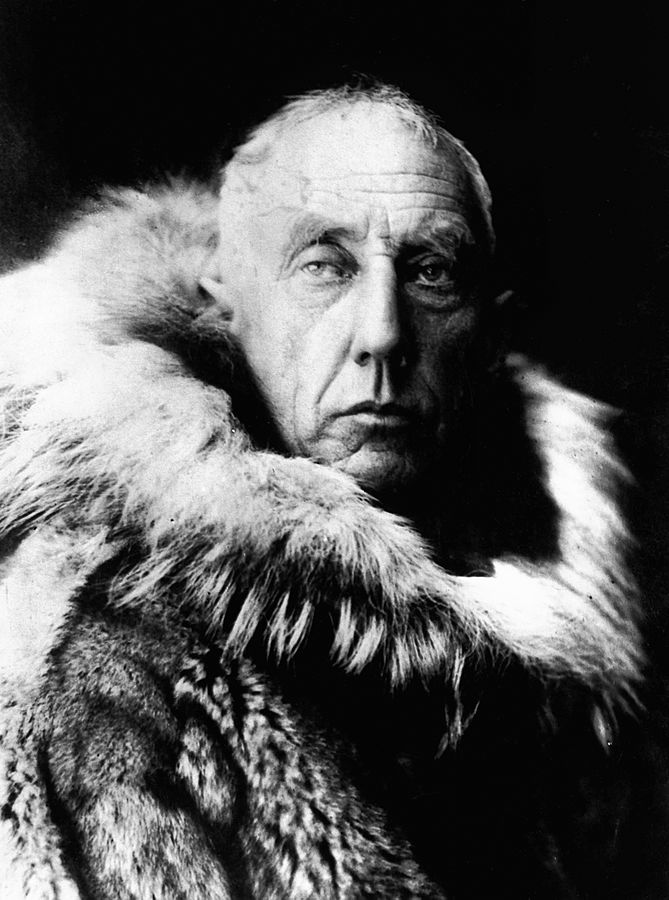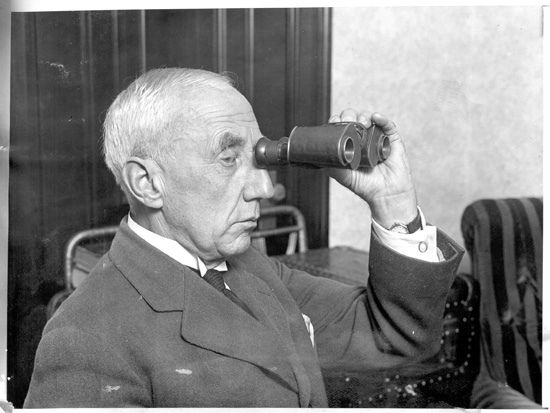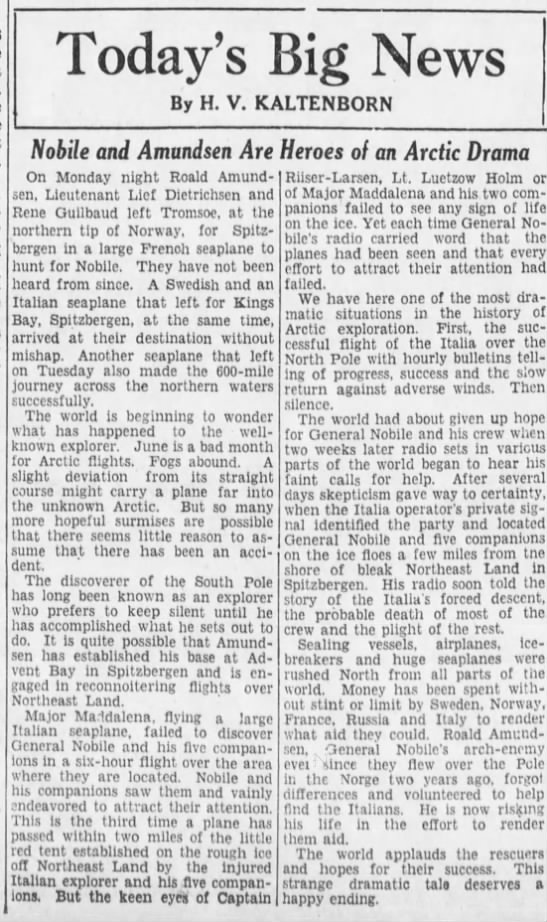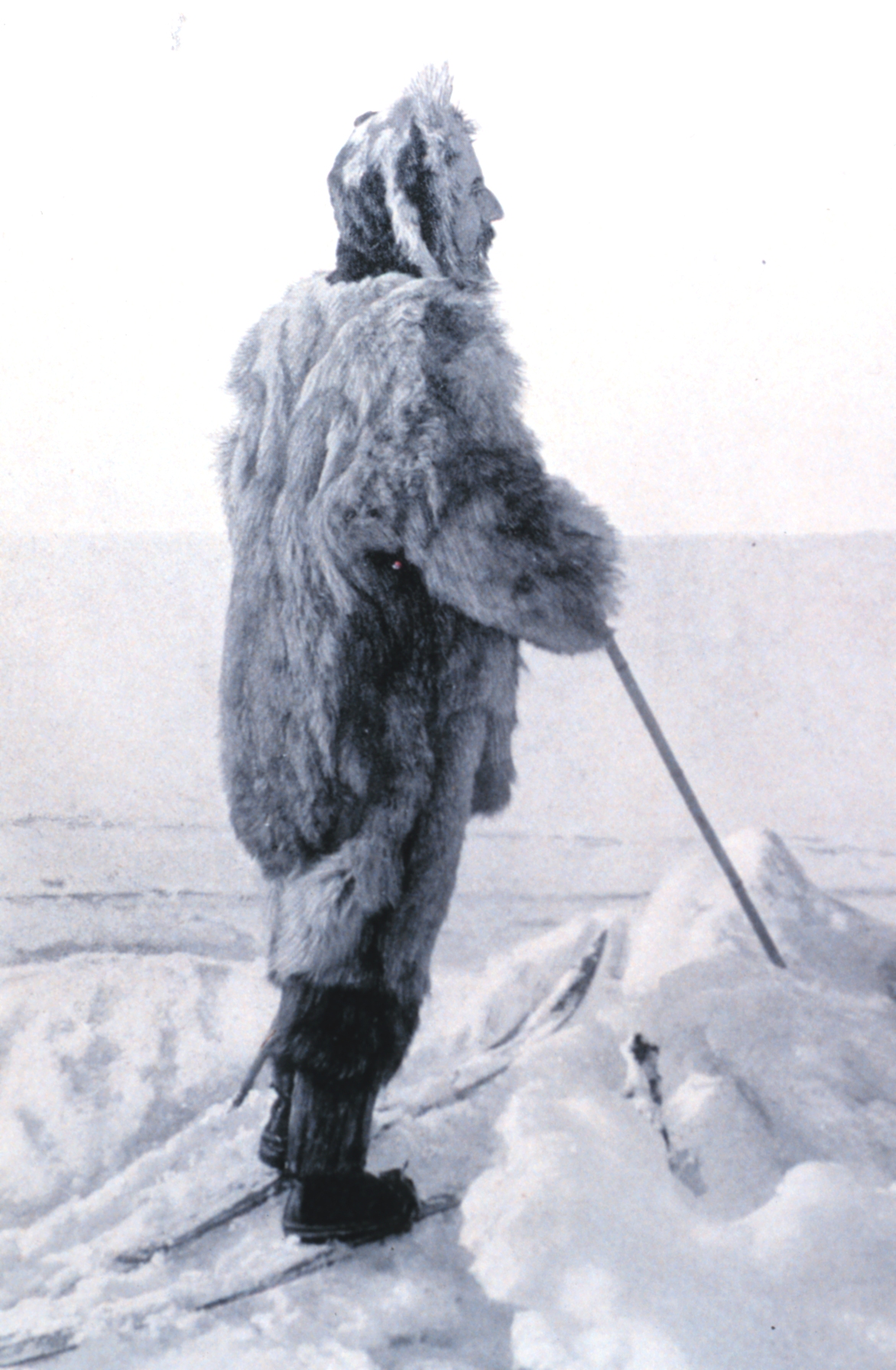As difficult as it was to believe that Roald Amundsen had survived his many explorations, at the end it was just as tough to accept that he’d perished.
The early twentieth-century Norwegian explorer was so secretive about his missions that credit for discovering the South Pole in 1912 at first went to his British rival Capt. Robert Scott, until the truth prevailed. So when the ultra-resourceful Amundsen and his party went missing in 1928 when flying to the Arctic to attempt a rescue of crew members of the crashed airship Italia, some in the American media believed, or wanted to believe, that he had only lost contact for the moment. Sadly, the disappearance was permanent; not even wreckage was ever recovered. An article from the June 20 Brooklyn Daily Eagle of that year, which hoped against hope.•

